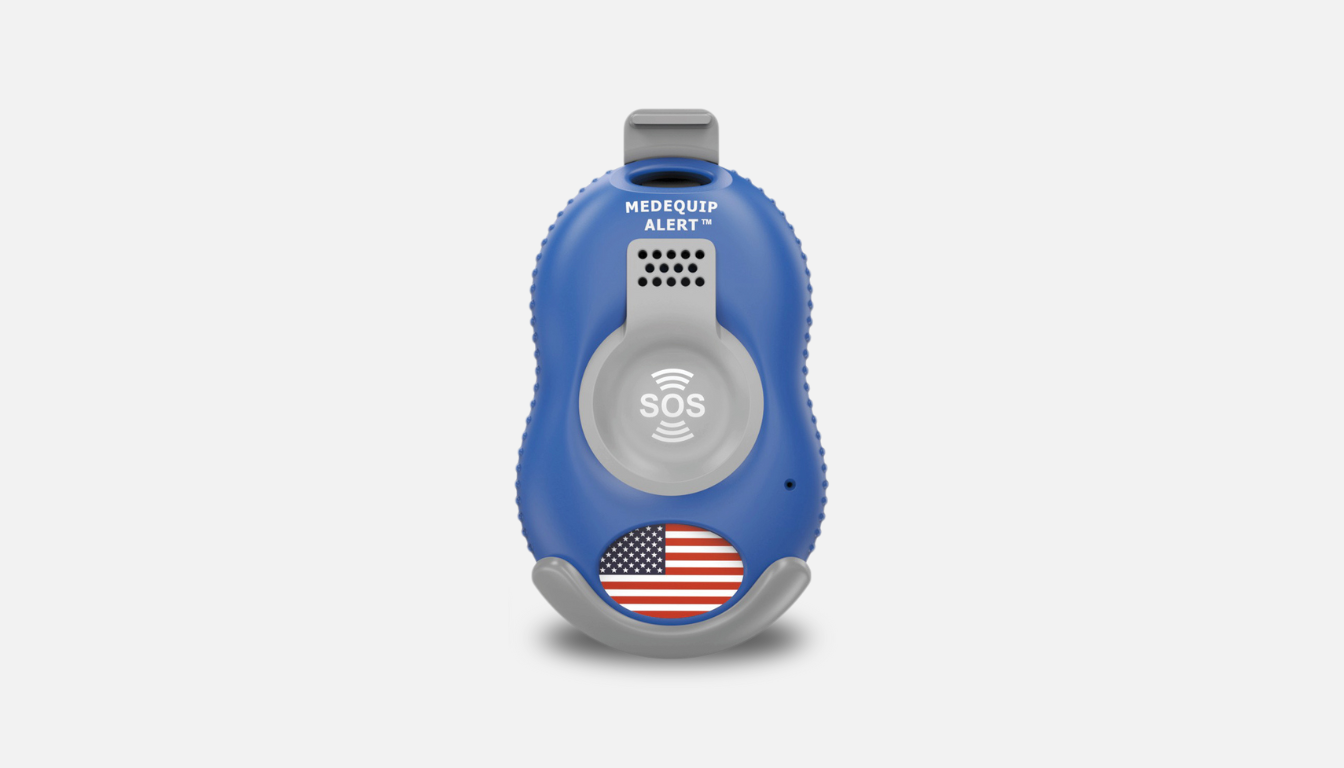Driving is a pivotal aspect of independence, enabling people to commute, travel, and manage daily tasks with ease. If you’re experiencing hearing loss, you might be concerned about how this affects your ability to drive legally and safely. This guide aims to answer all your questions by exploring:
- Legal requirements in various countries
- Safety considerations and best practices
- Adaptive technologies and vehicle modifications
- Communication strategies with law enforcement and other drivers
- Frequently asked questions
Understanding Hearing Loss and Driving
Hearing loss ranges from mild to profound and can be unilateral (one ear) or bilateral (both ears). While hearing contributes to overall situational awareness, driving primarily relies on vision. Many individuals with hearing impairment drive safely by compensating with enhanced visual attention and other strategies.
Legal Considerations
Global Overview
Most countries allow individuals with hearing loss to drive standard vehicles without special restrictions. However, regulations may vary, especially concerning commercial driving licenses.
United States
- Standard Driver’s License: The ADA protects individuals with disabilities, including hearing loss, from discrimination. Most states do not require hearing tests for non-commercial licenses.
- Commercial Driver’s License (CDL): The Federal Motor Carrier Safety Administration (FMCSA) requires hearing tests for CDL applicants. However, a waiver program exists, allowing deaf and hard-of-hearing individuals to obtain a CDL under certain conditions.
- State Variations: Some states may have specific indicators or codes on licenses to denote hearing impairment, which can aid in communication during traffic stops.
United Kingdom
- Standard License: No hearing assessment is required. Applicants must meet vision standards.
- Commercial License: For Group 2 licenses (buses and lorries), there are higher medical standards, but hearing loss alone does not automatically disqualify an applicant.
- Legal Obligations: Drivers are not required to inform the DVLA of hearing loss unless it affects driving ability.
Canada
- Provincial Regulations: Licensing is provincial, but generally, hearing loss does not affect eligibility for a standard license.
- Commercial Driving: Some provinces may require medical examinations for commercial licenses, including hearing assessments.
Australia
- Standard License: Hearing impairment does not prevent individuals from obtaining a license.
- Commercial License: Medical standards may be stricter, but accommodations are often made.
European Union
- EU Directives: EU regulations do not mandate hearing tests for standard licenses.
- Country-Specific Laws: Some countries may have additional requirements for commercial drivers.
Key Points
- Honesty is Crucial: Always provide accurate medical information when required.
- Medical Certificates: For commercial driving, medical examinations may be necessary.
- Stay Informed: Regulations can change; check with local authorities for the most current information.
Safety Considerations
Challenges Faced by Drivers with Hearing Loss
- Auditory Signals: Difficulty hearing horns, sirens, or engine noises.
- Verbal Instructions: Challenges in understanding spoken directions or commands.
- Environmental Sounds: Missing cues from sounds like screeching tires or warnings from pedestrians.
Strategies for Safe Driving
- Enhanced Visual Awareness: Regularly scan mirrors and blind spots.
- Use of Visual Indicators: Watch for flashing lights from emergency vehicles and observe other drivers’ behaviors.
- Vehicle Maintenance: Keep your vehicle in good condition to prevent unexpected issues.
- Minimize Distractions: Keep the interior of the car quiet and free from unnecessary distractions.
- Stay Focused: Avoid multitasking; concentrate solely on driving.
Adaptive Technologies and Vehicle Modifications
Assistive Devices
- Extra Mirrors: Install wide-angle or panoramic mirrors to improve visibility.
- Visual Alert Systems: Devices that convert auditory alerts (e.g., sirens, horns) into visual cues like flashing lights on the dashboard.
- Rearview Cameras and Sensors: Aid in parking and detecting obstacles.
Hearing Aids and Cochlear Implants
- Maintenance: Ensure devices are functioning correctly before driving.
- Settings: Adjust settings to minimize background noise and enhance important sounds.
Smartphone Apps
- Navigation: Use GPS apps with visual directions.
- Alert Systems: Some apps can detect sirens and provide visual alerts.
Communication with Law Enforcement and Other Drivers
During Traffic Stops
- Inform Officers: Keep a card or note indicating that you’re deaf or hard of hearing.
- Stay Calm: Keep hands visible and communicate clearly using gestures or written notes.
- Visual Indicators: Some jurisdictions offer windshield stickers or license notations to inform officers of hearing impairment.
In Case of Emergencies
- Emergency Kits: Carry a notepad and pen for written communication.
- Passenger Assistance: If traveling with passengers, they can help facilitate communication.
Tips for Driving with Hearing Loss
- Regular Vision Checks: Since vision is paramount, ensure your eyesight is regularly tested and corrected if necessary.
- Driver Training: Consider taking a defensive driving course tailored for individuals with hearing loss.
- Stay Updated on Traffic Laws: Knowledge of local laws enhances safety and confidence.
- Join Support Networks: Connect with organizations or groups for deaf and hard-of-hearing drivers to share experiences and tips.
Frequently Asked Questions
Can hearing loss affect my car insurance rates?
- Answer: Typically, hearing loss does not affect insurance premiums. However, it’s important to disclose any medical conditions if asked, to ensure coverage is valid.
Do I need to inform the DMV or equivalent agency about my hearing loss?
- Answer: For non-commercial licenses, most places do not require disclosure unless the condition affects driving ability. For commercial licenses, medical disclosures may be mandatory.
Are there any restrictions on the type of vehicle I can drive?
- Answer: Generally, there are no restrictions on vehicle type due to hearing loss for private use. Commercial vehicle restrictions depend on local regulations.
How can I compensate for not hearing sirens or horns?
- Answer: Increase visual scanning, use mirrors effectively, and pay attention to the behavior of other drivers who may respond to auditory cues.
Is it legal to use hearing aids or cochlear implants while driving?
- Answer: Yes, using hearing aids or cochlear implants is legal and encouraged to enhance your ability to perceive sounds.
Additional Considerations
Medical Evaluations
- Periodic Assessments: Regular check-ups can help monitor your hearing and overall health.
- Self-Monitoring: Be aware of any changes in your hearing or vision that may affect driving.
Mental Preparedness
- Confidence Building: Familiarize yourself with driving routes and conditions to build confidence.
- Stress Management: Driving can be stressful; consider strategies like deep breathing or planning extra time for trips.
Legal Support and Resources
- Advocacy Groups: Organizations like the National Association of the Deaf (NAD) or local equivalents offer resources and support.
- Legal Rights: Understand your rights under laws like the ADA or local disability acts.
Conclusion
Hearing loss does not have to hinder your ability to drive. By understanding legal requirements, implementing safety strategies, utilizing adaptive technologies, and staying informed, you can drive confidently and responsibly. Always prioritize safety for yourself and others on the road.
Disclaimer: This guide is for informational purposes only and may not cover all aspects of laws and regulations in your specific area. For personalized advice, please consult your local licensing authority or a legal professional.

